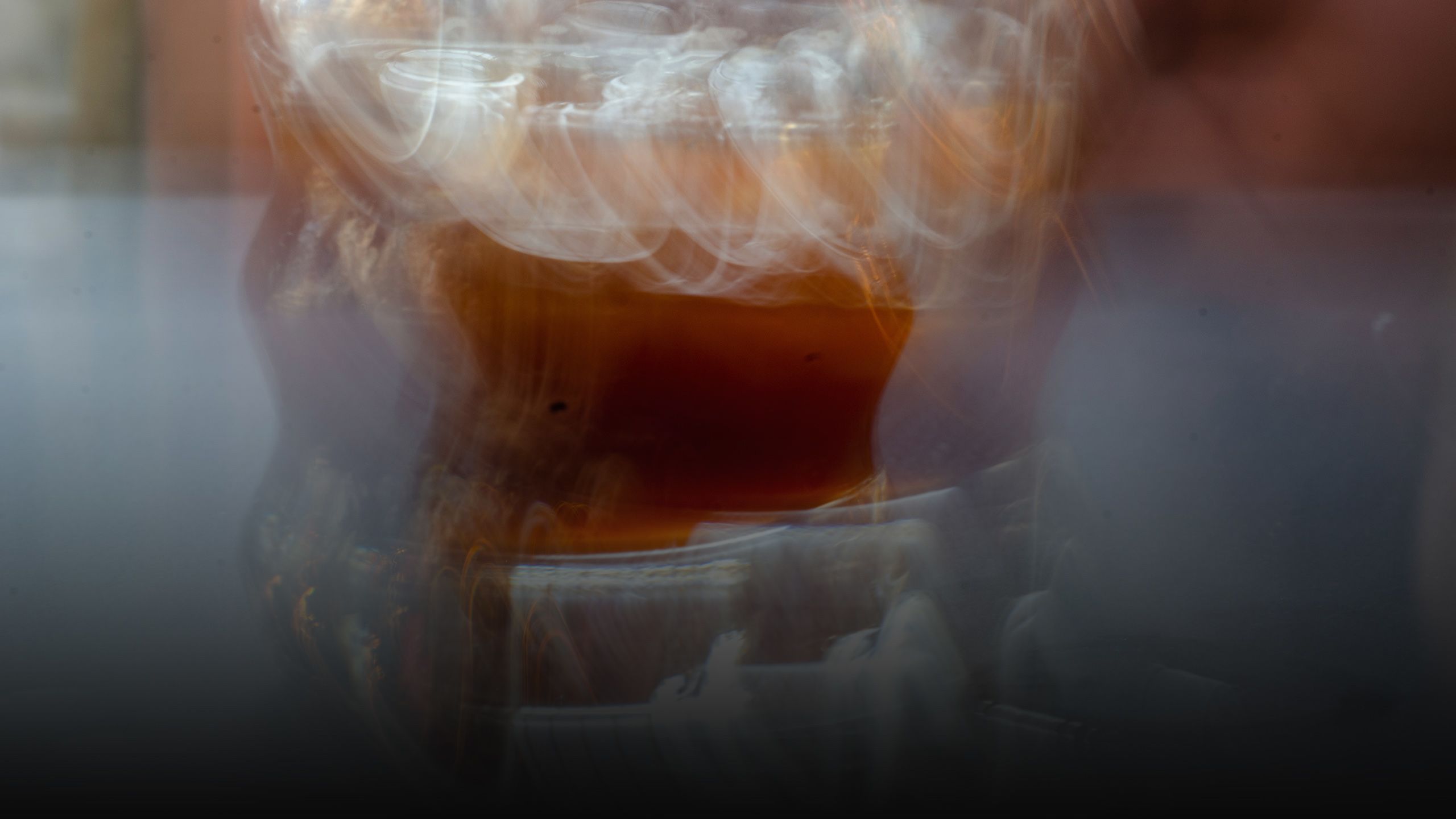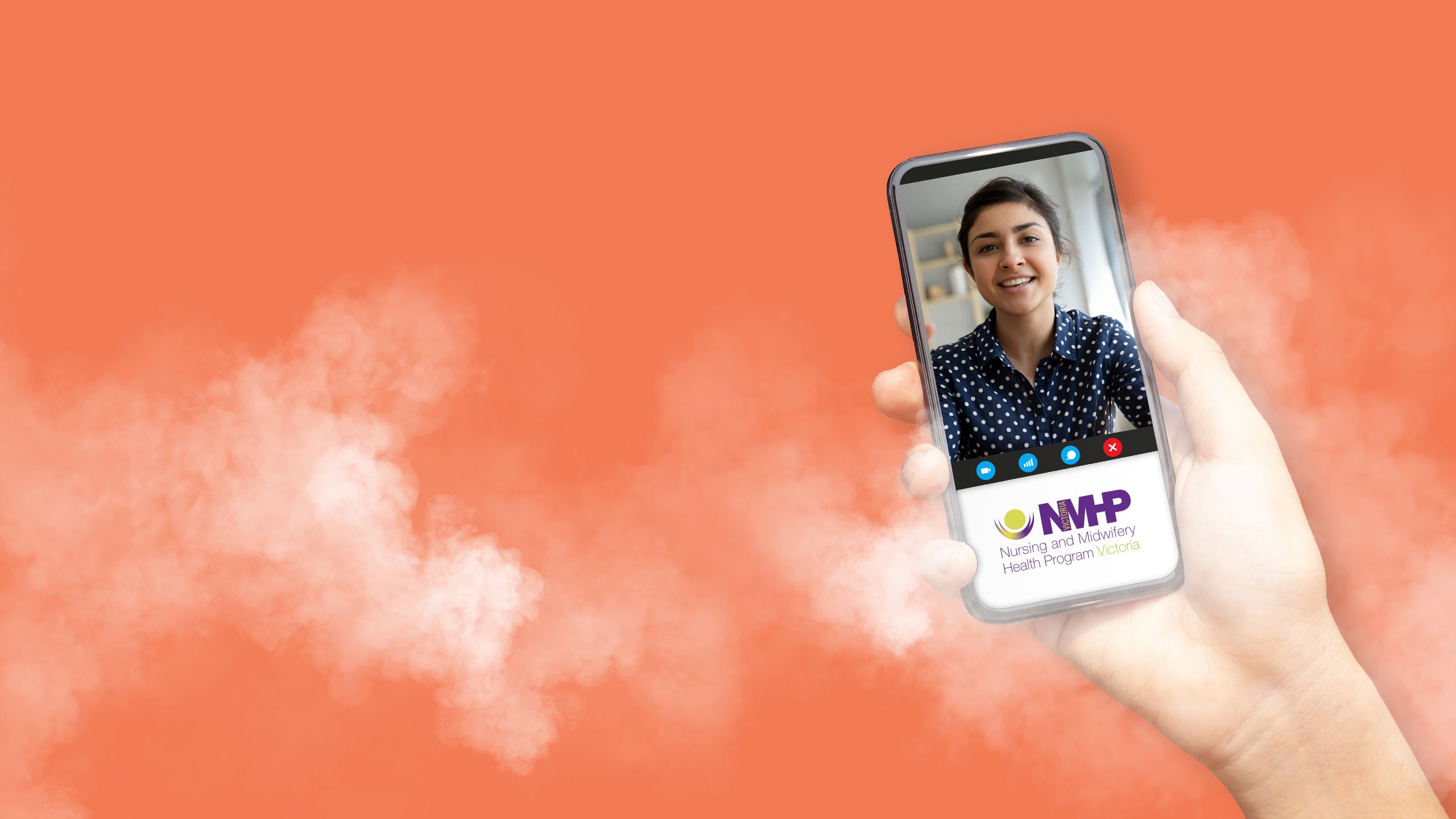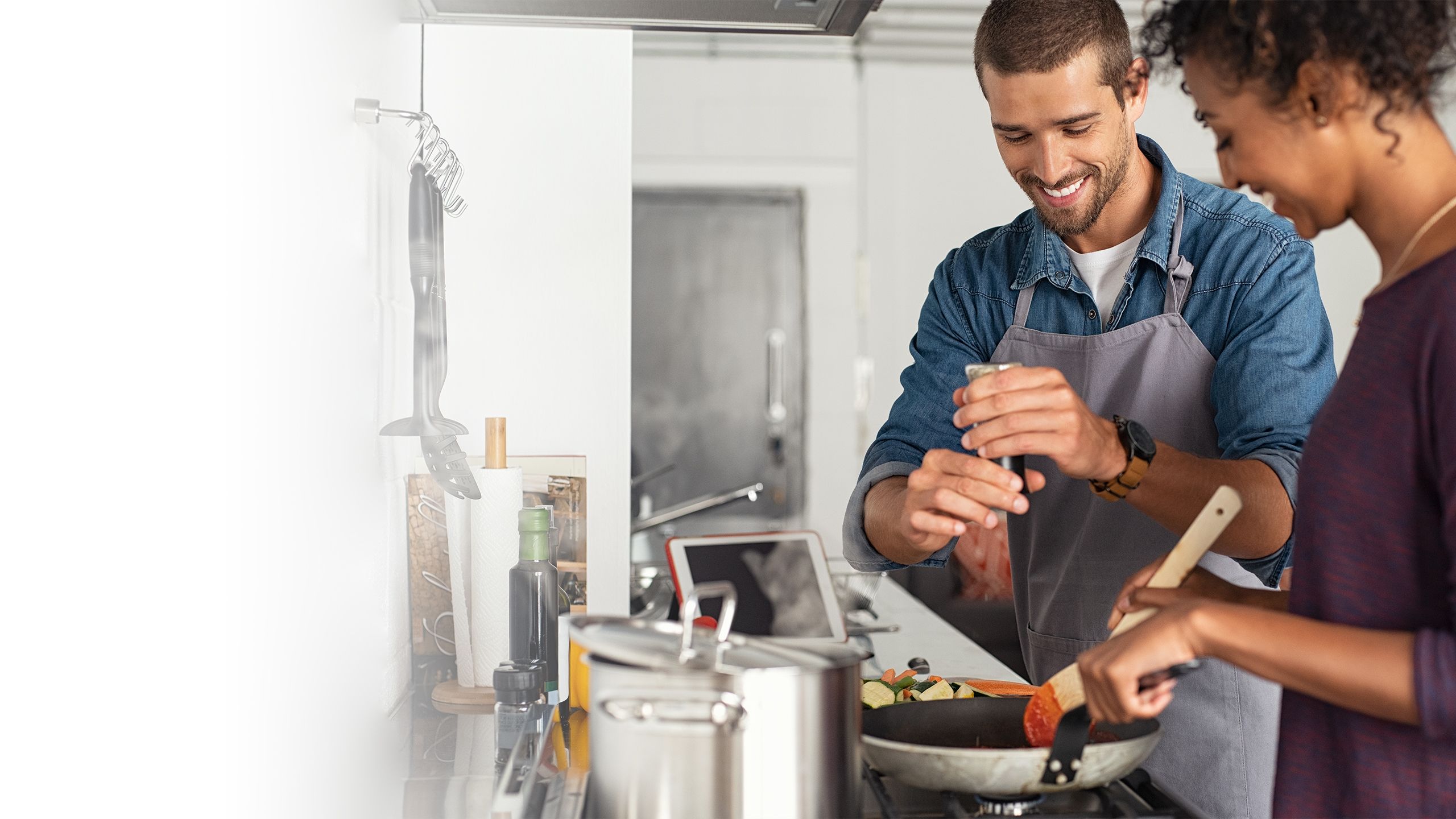Is your alcohol or drug use becoming a problem?

The past two years have been undeniably rough. For many nurses and midwives, their own health and wellbeing has taken a back seat. It can be easy, under such circumstances, to over-indulge. Now is as good a time as any to evaluate your use of alcohol, or other drugs.

Nurses and midwives’ work can be stressful at the best of times; for the past two years, unrelentingly so. You might pour a glass of wine (or reach for something stronger) when you get home from a demanding shift.
But what happens when every shift is demanding? How do you know when your use of alcohol or other drugs is becoming problematic?
‘When we’re placed under stressful situations, we can lean on various things,’ says Nursing and Midwifery Health Program Victoria (NMHPV) CEO and registered nurse Glenn Taylor, noting that sometimes those crutches can be unhealthy.
‘Often we have no intention or idea that we’re actually creeping into potentially dangerous territory.’
Mr Taylor has noted an increase in requests for assistance with drug and alcohol concerns since the start of the pandemic, and admits he is concerned about the coming months.
‘We’re concerned about the continuation of the pressures at work combined with the relaxation of restrictions, and of the party season. A lot of our celebrations are based around alcohol.’

Recognising you have a problem
The simplest way to identify whether your drug or alcohol use is becoming problematic is to record how much you’re drinking or how much you’re using in any given period, Mr Taylor says. ‘It might be over a week, or fortnight or a month. Just track that.’
Over time, you’ll be able to see if you were drinking only on weekends a couple of months ago, but now you’re drinking four or five nights a week. Such a record gives you undeniable evidence. ‘But it requires the individual to do that, and to be honest. And if we know in our heart of hearts – and often people do – that this is getting out of control, we might be really loath to actually face the evidence.’
If the evidence shows a concerning pattern, other questions you might ask include:
- Am I being secretive about my drinking or my drug using?
- Am I feeling embarrassed, or ashamed of my drug use?
- Am I resorting to drinking alone?
- Is my sleeping impacted?
- Are my relationships impacted by my drug use or my alcohol use?
- Am I becoming preoccupied with thinking about my drug use and my alcohol use?
- Am I planning my day around when I’m going to drink or when I’m going to use drugs?
Asking these questions of yourself won’t put you at risk of judgement or censure, and if you don’t like your answers, NMHPV can help. ‘If people are feeling like they’re open to it, they can contact us and speak candidly about it with us. Because you speak about it doesn’t mean you have to do anything about it. It can just be about gathering the information.’


Recognising a colleague has a problem
Sometimes we are the last person to recognise we have a problem. ‘Addiction is a very insidious matter,’ says Mr Taylor, ‘whether it’s alcohol, drugs, gambling, eating; it often creeps up on us and we don’t realise until something goes wrong.’
He says it’s good if our colleagues know our baseline behaviour, and we theirs. ‘When they’re well, what do they usually look like? How do they talk? Are they usually on time? And they open? Are they outgoing or vice versa?’
If someone’s baseline behaviour starts to change, that’s often a red flag. If you’re worried about a colleague, you need to pick the place and the time to speak with them, you need to be careful about your language, and you need to be open and non-judgemental.
‘We direct a lot of people to RUOK, because the RUOK model is based on evidence and research. By asking the question “are you okay?”, you’re not actually going down any rabbit holes; it’s an open question. Most times, people will say I’m fine, even if they’re about to drown. But it can be a good way to start the conversation.’
When having that conversation, you need to be as non-threatening and supportive as possible. You should present your colleague with your observations, and never jump to conclusions. ‘There’s a whole range of different ways you can talk to someone,’ Mr Taylor says, ‘but unfortunately a lot of the time people are simply too scared and may not open up. So it’s just about using your observational skills – and nurses and midwives are very good at observation. Keep an eye out and leave the door open.’
If they are open to talking, giving them the time and the space to sit with a supportive, understanding and trusted colleague is vital. ‘Once you’ve got that information, then you can work together,’ says Mr Taylor. ‘Ask how you can help, or what they need.’

Tips to address a problem
‘The obvious tip is to give us a call,’ Mr Taylor says. ‘We are nurses and midwives; we understand where you work and what you do every day. We support each other and our colleagues every day, and we specialise in recognising and supporting people who have substance use concerns.’
It’s also important to keep out of harm’s way, Mr Taylor says.
‘What I mean by that is: don’t go to work. Go to your GP and get some time off. Addiction is a health concern, not a not a legal concern or an industrial concern. So go to your GP and say: I have a health concern.’
Mr Taylor says that many nurses and midwives who carry this secret around feel so unburdened when they talk to someone, ‘and it’s never as bad as they expected it to be’.

What to do if you think you have a problem

Ask yourself
- How am I going? My thoughts, my feelings, my stress levels, my behaviours, my coping strategies. Has my alcohol or drug use increased through the pandemic?
- What do I need? Time, a break, a safe ear
- Where can I find it? An organisation, service, in-person, online?
- Who can help me? NMHPV, GP, alcohol and drug services?
Connect and communicate
- Reconnect with yourself and other supports, including family, friends and trusted colleagues.
- Connect with health providers like NMHPV or alcohol and drug services.
- Connect with your community.
Manage expectations
- Your own expectations are usually the greatest of all: be kind to yourself.
- Others’ expectations: have the conversation.
Delegate
- What help, support and resources do you need in and out of work?
- Who can help you with this?
Plan and take breaks, mini breaks and naps
Reconnect with yourself
- What did I learn from the past year?
- What could I repeat?
- What will I avoid?
- What are my hopes and plans for 2022? And beyond?
- Why did I become and nurse or midwife
- What sustains and inspires me?
Alcohol and drug related strategies
- Remove or reduce exposure to alcohol- and drug-related settings.
- Measure and track your usage (be realistic, kind and fair on yourself).
- Set goals for your use. Try not to be critical if you don’t reach those goals … this time. Try again.
- Develop new strategies, habits, practices that are helpful in achieving your goals.
- Involve others in the process, such as family and friends who will support you with your endeavours to cease or reduce your alcohol or drug intake.



Visit nmhp.org.au for resources and tips on designing your own self-care plan.
Alternatively, call Nurse & Midwife Support 24/7
on 1800 667 877 for confidential advice.

